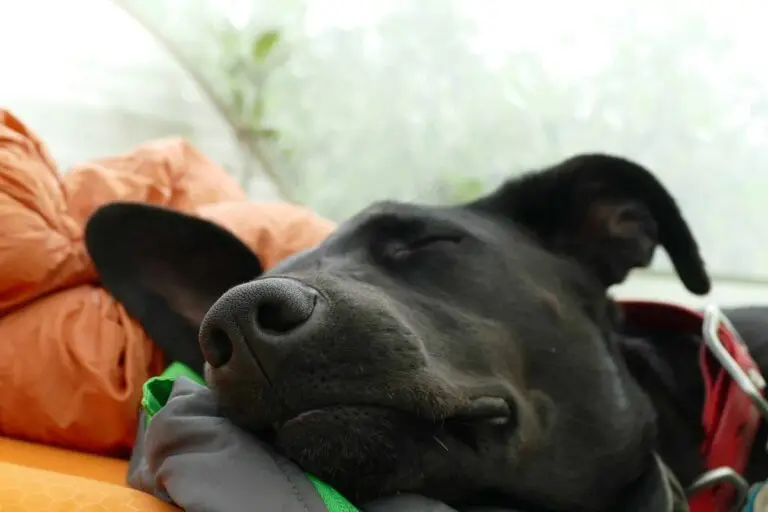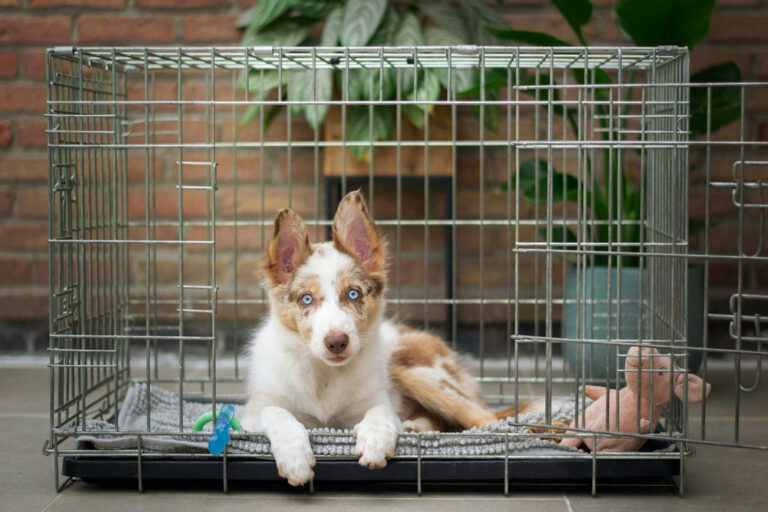Travelling with your pet across time zones can be a challenging experience, especially when it comes to helping them adjust to a new routine. Just like humans, pets can experience jet lag, and the disruption to their internal clock can lead to confusion, stress, and changes in behaviour. To make the transition smoother for your furry friend, here are some tips on how to help your pet adjust to a new time zone.
Gradually Adjust Their Schedule Before Departure
One of the best ways to prepare your pet for a time zone change is to gradually adjust their schedule before you leave. In the days leading up to your trip, slowly shift your pet’s feeding, walking, and sleeping times to align more closely with the new time zone. Small adjustments of 15 to 30 minutes each day can make a significant difference and help your pet adapt more easily once you arrive.
Maintain a Consistent Routine
Pets thrive on routine, so it’s important to establish a consistent schedule as soon as you reach your destination. Feed your pet at the same times each day, and try to stick to regular walking and playtimes. Consistency will help signal to your pet that it’s time to adjust to the new time zone, making the transition smoother.
Expose Your Pet to Natural Light
Natural light plays a crucial role in regulating the body’s internal clock, both for humans and animals. Upon arrival in the new time zone, try to expose your pet to as much natural light as possible during the day. This will help reset their circadian rhythm and encourage them to adapt to the new time schedule. Conversely, keep the environment dim in the evening to signal that it’s time to wind down.
Monitor Their Behaviour
After the journey, it’s normal for pets to experience some changes in behaviour as they adjust to the new time zone. Keep an eye on your pet for signs of stress or discomfort, such as restlessness, changes in appetite, or altered sleeping patterns. Offer plenty of reassurance and comfort during this period, and be patient as they gradually adapt.
Provide Plenty of Exercise
Exercise is a great way to help your pet burn off excess energy and settle into the new time zone. Take your pet for walks, play their favourite games, and keep them active during the day. This will not only help them adjust to the new schedule but also reduce any anxiety they may be feeling from the change in environment.
Be Patient with Night-time Wakefulness
It’s common for pets to wake up at odd hours after travelling across time zones. If your pet wakes up in the middle of the night, try to keep interactions calm and quiet. Avoid feeding or playing with them during these times, as this can reinforce the behaviour. Instead, encourage them to settle back down until it’s time to wake up according to the new schedule.
Consider Natural Sleep Aids
If your pet is having a particularly difficult time adjusting, you might consider natural sleep aids, such as melatonin supplements, to help them rest. Always consult with your veterinarian before giving your pet any supplements or medications to ensure they are safe and appropriate for your pet’s needs.
Planning a trip with your beloved pet can be exciting yet overwhelming. From travel regulations to their safety, there’s a lot to think about. That’s where PetAir comes in. Reach out to us for your furry friend’s upcoming adventure. We’re not just experts; we’re animal lovers who care about their well-being. Contact us today to make their journey safe and positive!



